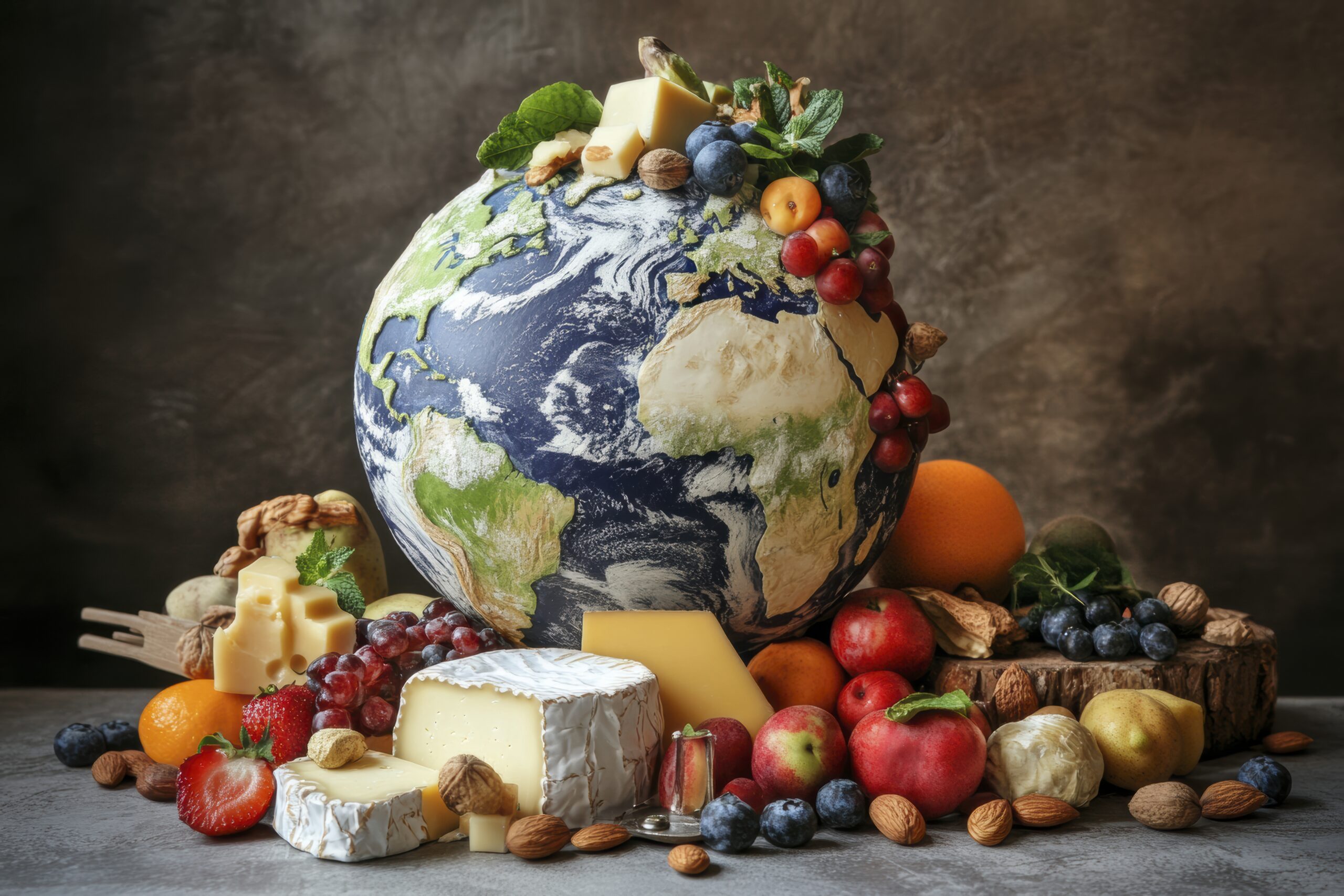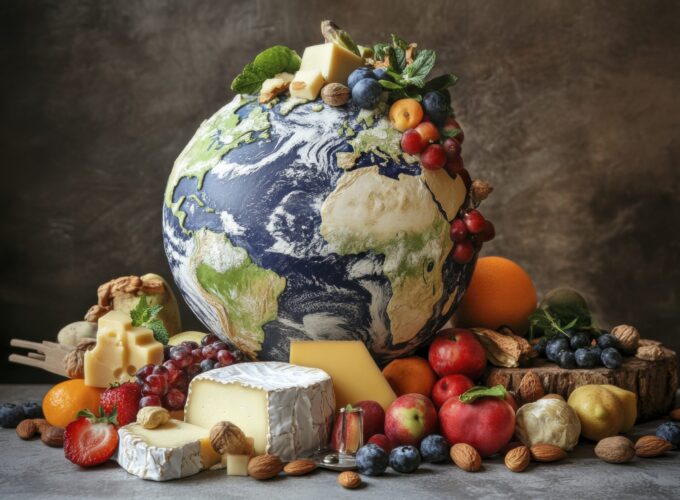The food landscape in 2025 is undergoing a rapid evolution, driven by shifts in consumer preferences, technological advancements, and a growing emphasis on health and sustainability. Here are five major global food trends expected to dominate the culinary world:
- Precision wellness and personalized nutrition: Consumers are increasingly proactive about their health and are turning to nutrition as a tool to manage specific health concerns, according to Innova Market Insights. Advances in genetics, microbiome science, AI, and sensor technology are making personalized nutrition a reality. This includes meal plans and products tailored to individual needs, such as DNA-based supplements and functional foods designed for specific health goals like weight management or hormone balance.
- Plant-based and alternative proteins: The plant-based movement continues to gain momentum, driven by concerns about sustainability, health, and ethical food production. However, there is a growing demand for more natural, less processed plant-based options that move beyond mimicking meat and dairy. Expect to see a rise in innovative plant-based proteins derived from sources like fungi, algae, and legumes, and a continued focus on transparency and sustainable sourcing practices. Precision fermentation and cellular agriculture are also poised to play a significant role in creating novel protein sources.
- Global and regional flavor exploration: Consumers are seeking bold and adventurous culinary experiences, leading to a rise in the popularity of diverse global and regional cuisines. This includes an interest in “flavors less traveled,” such as Southern States, Greek, and Turkish cuisines, along with a renewed appreciation for local and traditional dishes like Scottish, Welsh, and Irish fare. Fusion cuisine, blending traditional and contemporary dishes, is also expected to continue its growth.
- Sustainability and waste reduction: Environmental awareness is increasingly influencing consumer choices and shaping the food industry. This trend encompasses several aspects, including a demand for products with transparent supply chains and eco-friendly production methods, a shift towards sustainable packaging (e.g., biodegradable and recyclable materials), and a focus on reducing food waste. Regenerative agriculture, which emphasizes soil health and ecosystem restoration, is also gaining traction as a sustainable farming practice.
- Functional foods and beverages for enhanced well-being: Beyond basic nutrition, consumers are seeking foods and beverages that offer specific health benefits. This includes products enriched with adaptogens, prebiotics, and probiotics to support gut health, immunity, stress management, and even cognitive function. Ingredients like adaptogenic mushrooms, turmeric, ginger, and collagen are becoming increasingly popular for their potential to enhance overall well-being.







